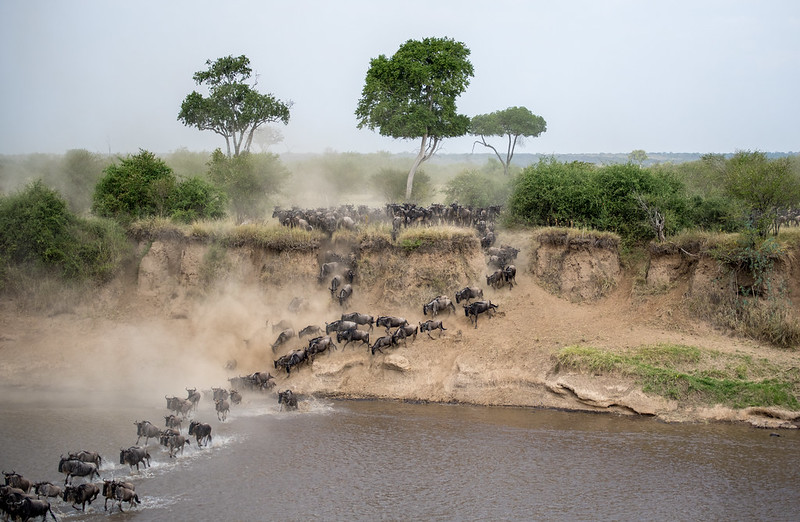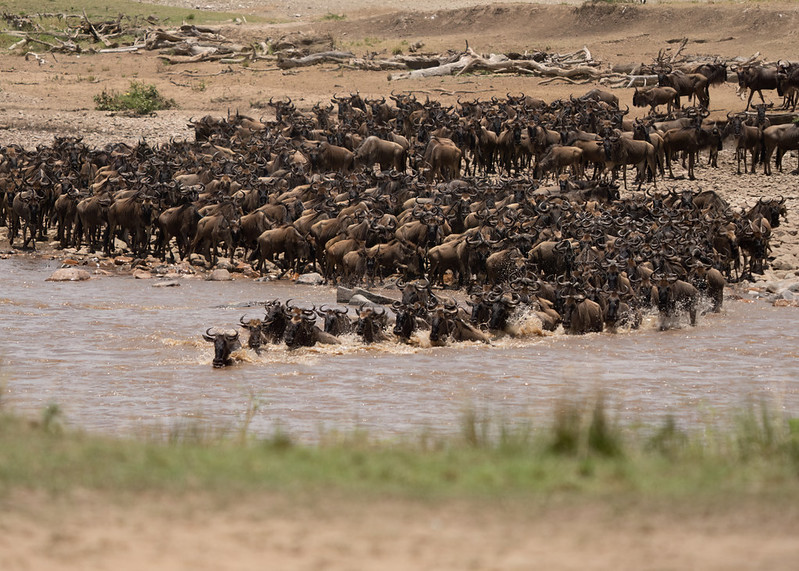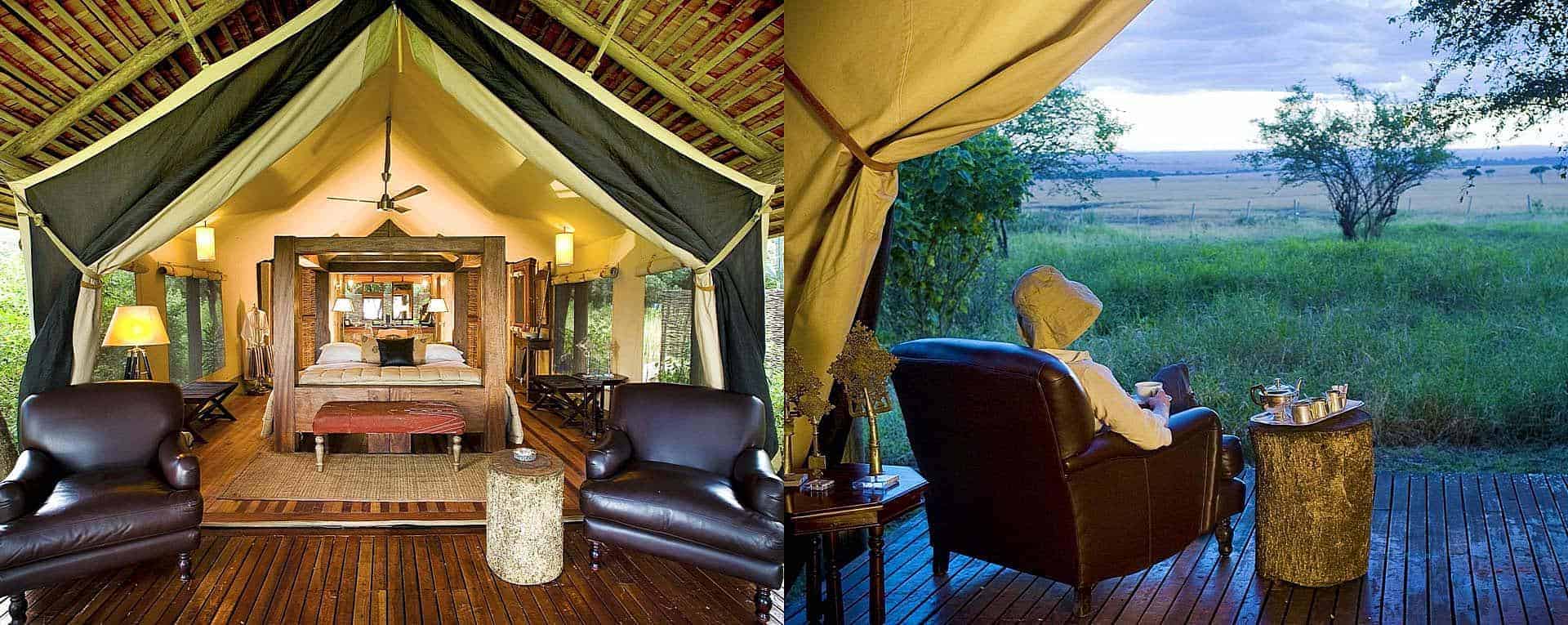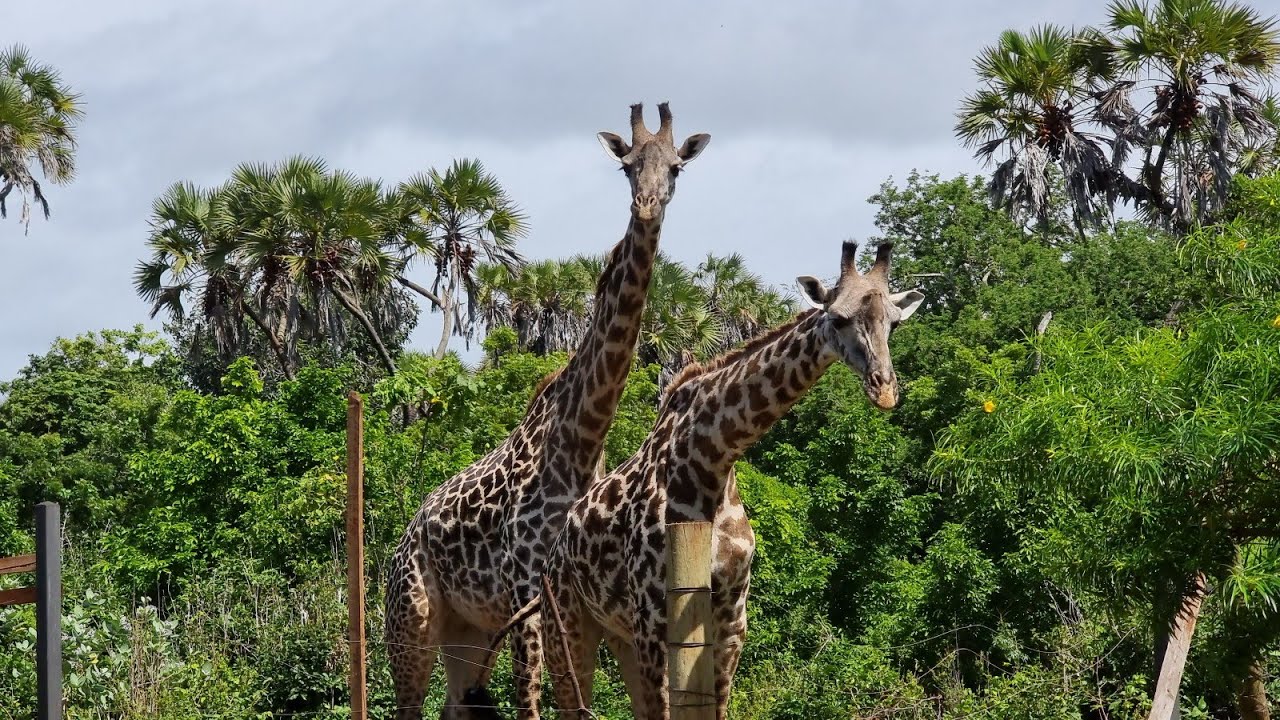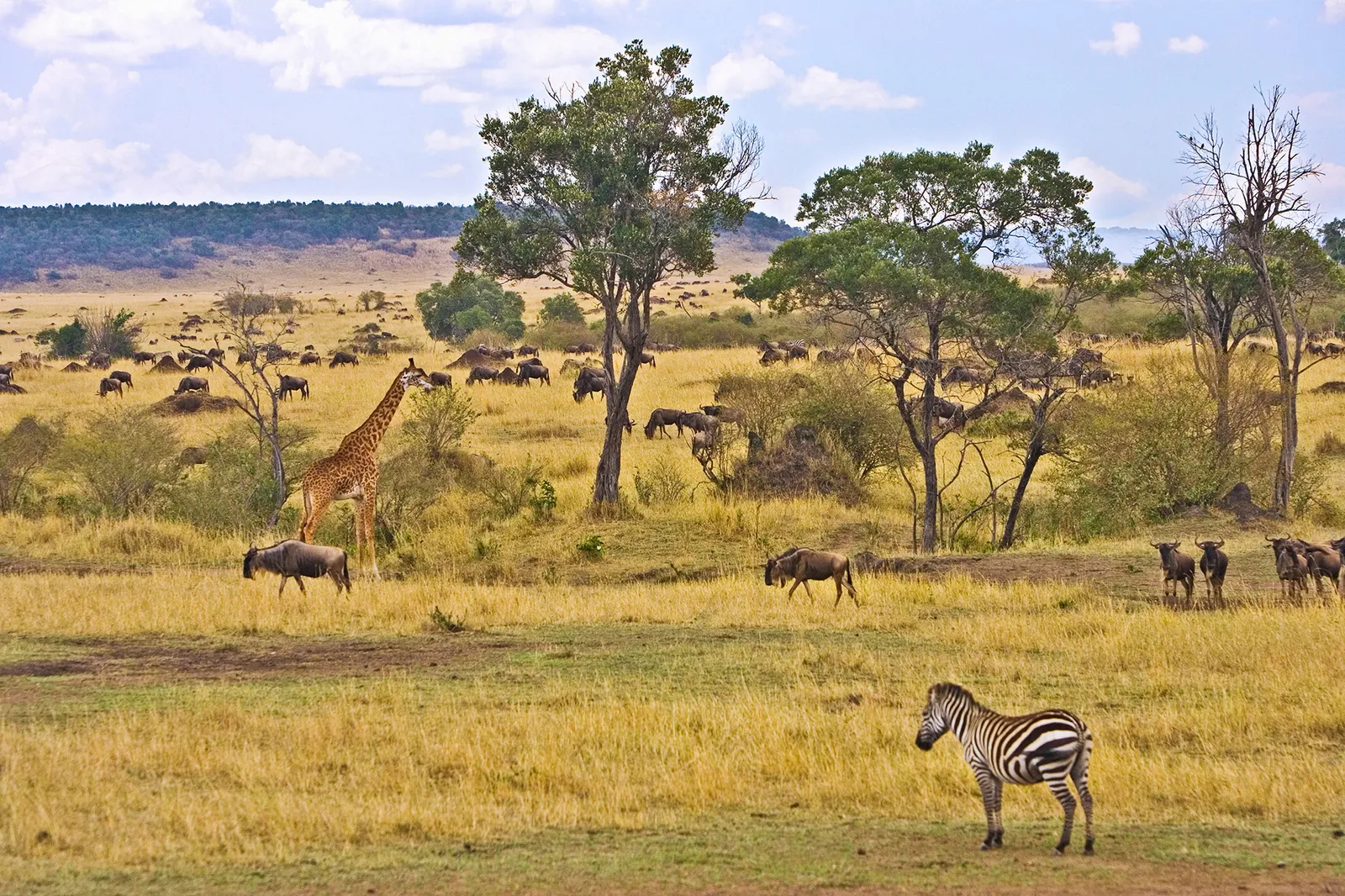
How to Plan a Safari
Magnificent mountain peaks, wide-open plains, and well-known watering holes provide a wilderness sanctuary where amazing species can roam free. In Swahili, the word “safari” means “journey,” so organizing your safari should be an exciting process from start to finish. Many people’s travel bucket lists include the opportunity to visit fascinating Africa, go on a safari, see wildlife and natural wonders, and enjoy understated luxury or private getaways. It’s important to make sure your African wildlife journey lives up to your expectations, and there are a few important things to think about from the beginning.
Where to begin your safari in Africa
There are many choices available to you when it comes to where to start your wildlife journey on an African safari. With so many amazing national parks, game reserves, and community-focused conservancies, it may be necessary to conduct some fascinating study before deciding where to enjoy the amazing wildlife sightings and varied lodging options.
There is a vast safari circuit in East Africa; Kenya and Tanzania are home to some of the most amazing wildlife species in the world, as well as large populations of animals and beautiful landscapes. It is the perfect safari site for a combo itinerary because of its varied landscapes, which include travel through craters, valleys, wide savannahs, and forested sanctuaries. The safari areas of Southern Africa are known for their secluded wildness, wildlife reserves and private concessions, and the possibility of challenging off-road excursions.
Important Locations
“Getting there” and the best ways to combine several safari places within the country or region, as well as any combination choices with regards to extending your African trip, are important considerations when deciding where to enjoy your safari. Itineraries combining beach and forest are incredibly popular in Eastern and Southern Africa. Beautiful and unspoiled beach getaways can be found on idyllic islands like the Seychelles, Mauritius, Zanzibar, and Kenya’s east coast; these places are the ideal complement to an African safari.
Clients can easily connect with internal flights to game parks located throughout the continent by taking advantage of international flights into major towns and hubs including Johannesburg, Nairobi, and Dar es Salaam.
When is the best time to go safari?
The time of year you travel may also matter because, depending on your safari objectives, some events take place at particular periods of the year. Seeing the “Great Migration Crossing” might be your top priority, in which case you might consider going on a safari in late September/October or July/August. If you’re a serious bird watcher, January and February may be your best bet for seeing birds. You may be just interested in discovering the local wildlife, in which case knowing what safari “must-sees” to look for may help you choose the best time and place to stay in that area. There are travelers who could like to.
Observing Wildlife
The “Big Five,” which include the lion, leopard, elephant, buffalo, and leopard, are not the only enormous animals that make up Africa’s incredible wildlife; there are also other spectacular wilderness creatures like baboons, hippos, crocodiles, and a variety of deer. It alludes to the wide variety of bird species found in East Africa, ranging from the pink flamingos to the Malachite Kingfisher.
recognizable plains Along with small termites and the interesting dung beetle, animals like zebras, giraffes, and cheeky warthogs share the environment. The variety of flora and fauna is evident in the open savannahs, which are home to golden grasses and the occasional Acacia tree. Riverines conceal rich vegetation, and rocky outcrops give enthralling views as well as the ideal hiding place for hyenas and leopards.
Natural or artificial waterholes provide animals with a clean source of water to congregate and rehydrate. They are also the ideal location for safari visitors to stop and observe wildlife from a close distance, frequently while sipping their favorite beverage and taking in the orange and pink hues of the setting sun.
Selecting a Place to Stay
Another thing to think about while organizing a safari is lodging; some of the best places to stay are big, traditional African lodges or cozy chalets scattered across a savanna. From gorgeous and sophisticated Hemingway tents discretely situated beside a riverside to eco-friendly, opulent canvas tents.
Extreme comfort is a feature of all rooms and suites, which are primarily furnished with a fusion of contemporary styles and textures and classic hues and flavors. Like “art galleries in the bush,” lodges and camps have magnificent sculptures and artwork that are thoughtfully arranged for visitors to view and enjoy while there. An essential component of the entire experience is the exceptional service standards and meticulous attention to detail that are consistently upheld from the time of arrival until the day of departure.
Setting up money for your Safari
While organizing a safari, cost may influence where you choose to stay. From private game reserves to national parks and natural conservancies, there is an amazing selection of lodging choices available in many safari locations. Large hotel chains have established safari lodges across East Africa; the number of rooms means that a safari experience can be slightly more cheap than at the upscale, “one-of-a-kind” hotels or camps situated in a secluded wilderness area.
Selecting a safari location near major cities, such as those reachable by car from Johannesburg, South Africa, or Nairobi, Kenya, may reduce the total cost because internal flights won’t be needed. Another way to cut costs on your safari is to stay in a National Park where game drives are a little more regulated.
All set to go?
Working with an Adventure in the Wild Safaris professional when you’re first planning your safari will improve the whole experience. Tour operators have excellent local expertise and may collaborate with you to design your ideal safari. They will be available to answer any questions you may have about when to travel, which African destination to visit, how long to stay in a destination, and how to best pair a “beach and bush” adventure that suits your budget, thanks to their first-hand knowledge of game reserves, lodges, and camps.
Whether you choose a fly-in safari or a 4×4 road trip between locations, you will be guided by outstanding on-the-ground safari rangers who are knowledgeable about every aspect of the area and its native species. From the beginning of the planning phase until the time you arrive home, you can always count on our support.

